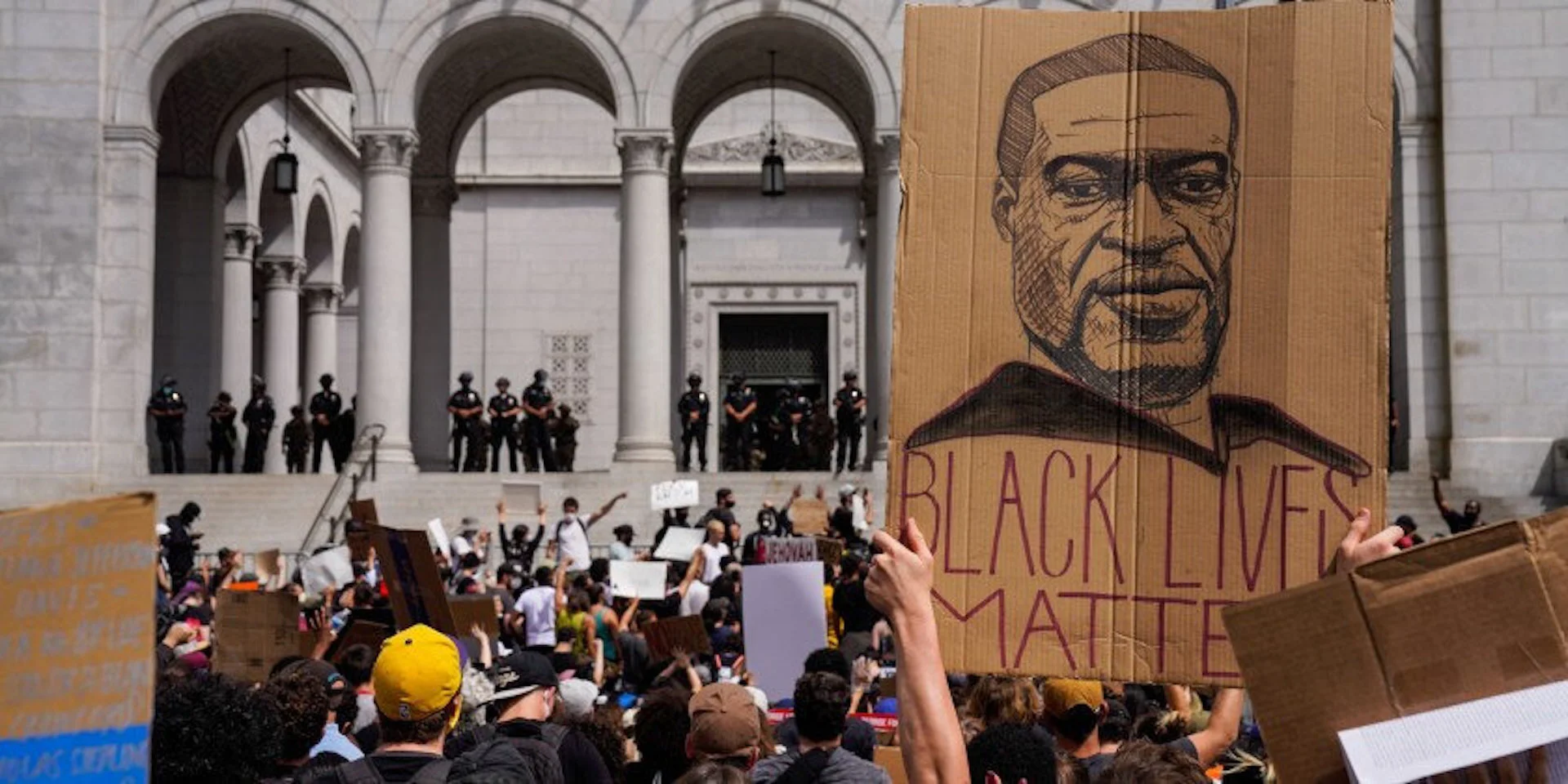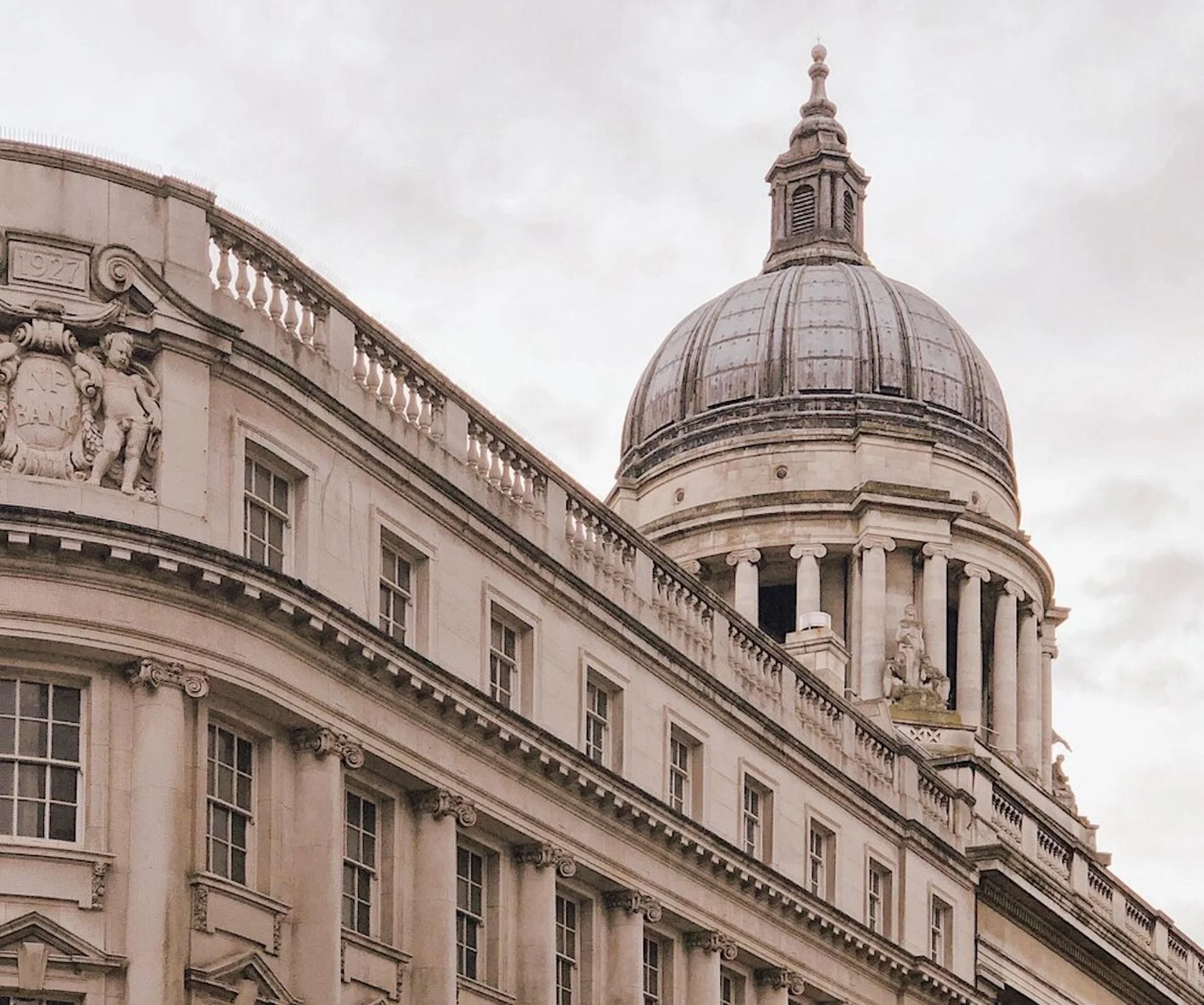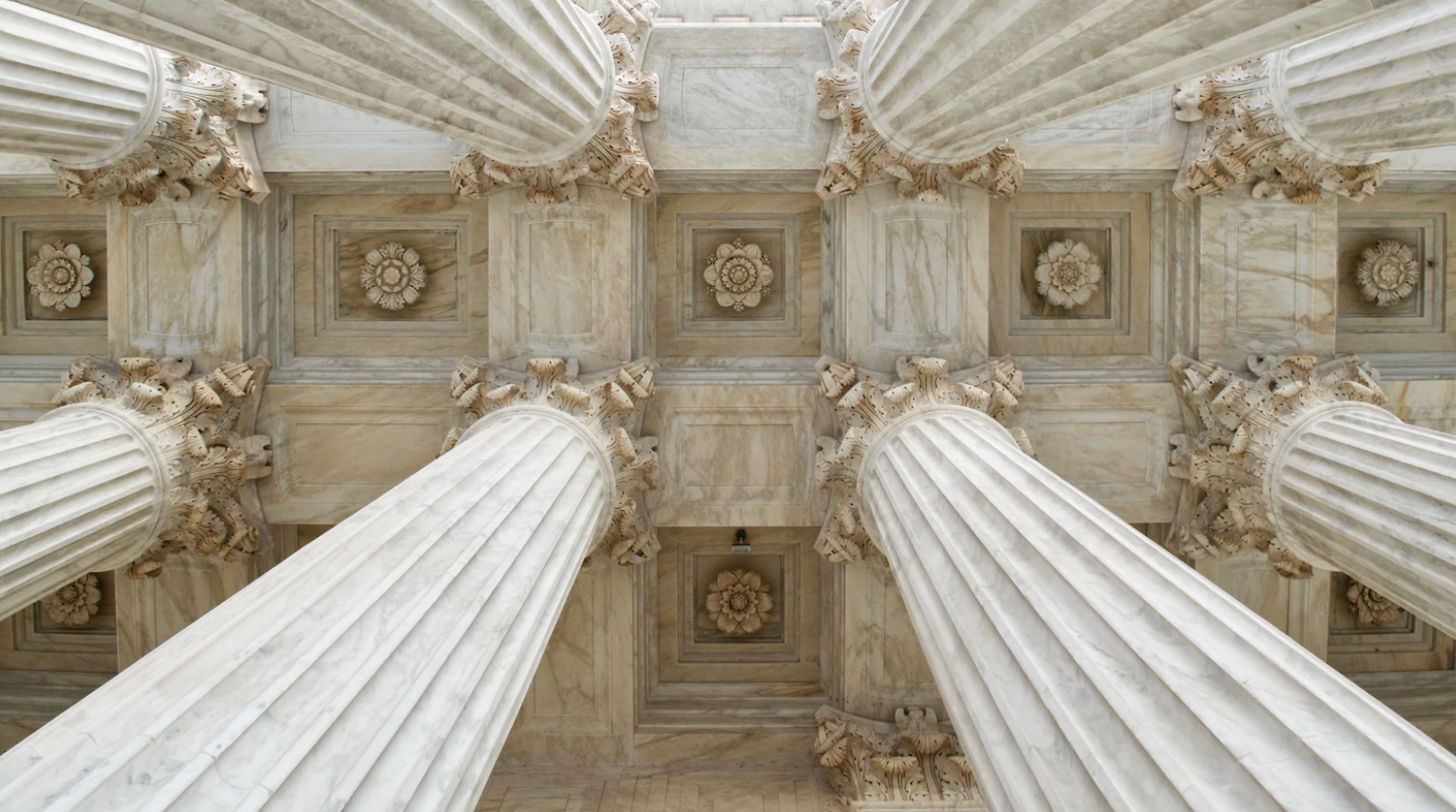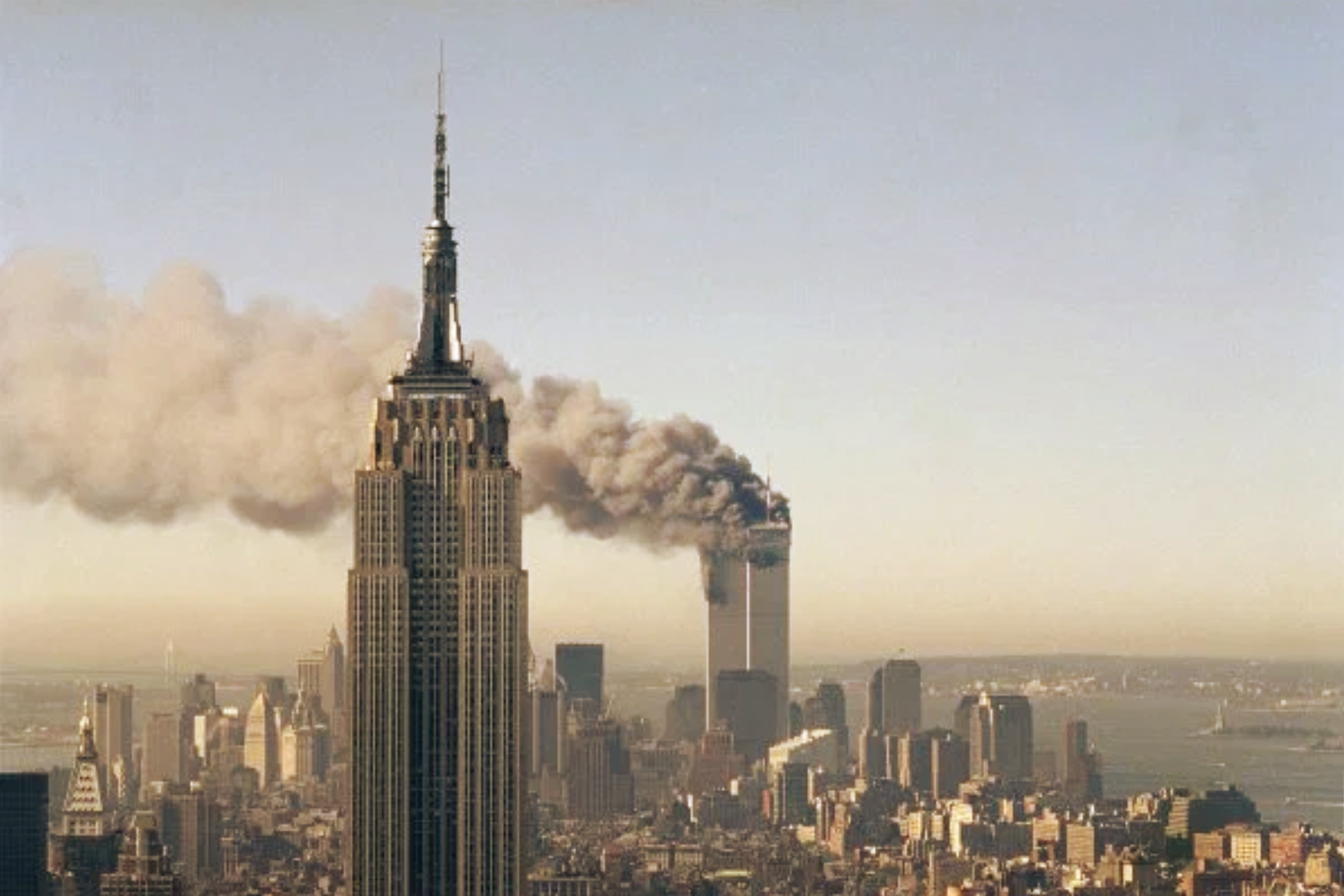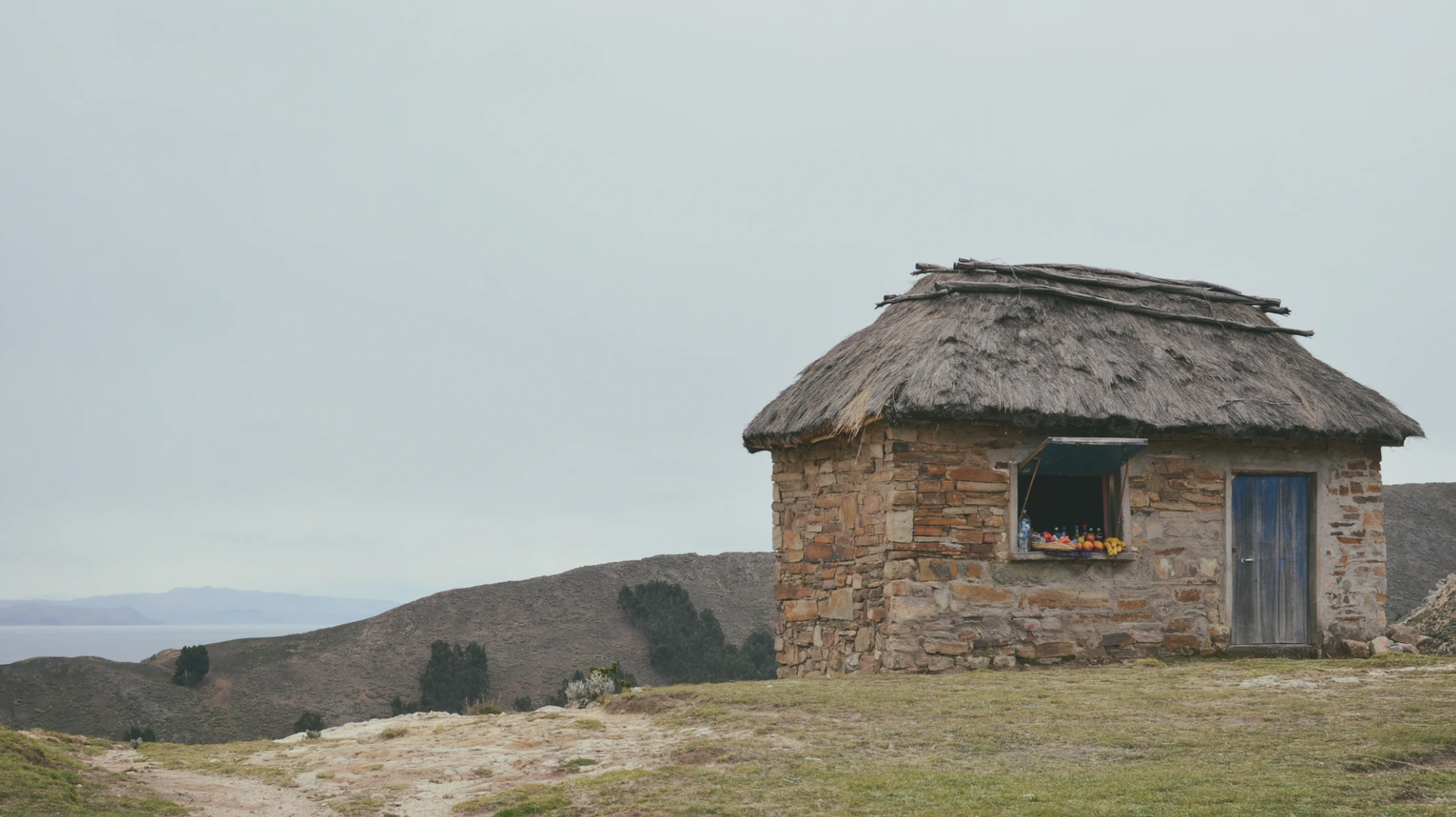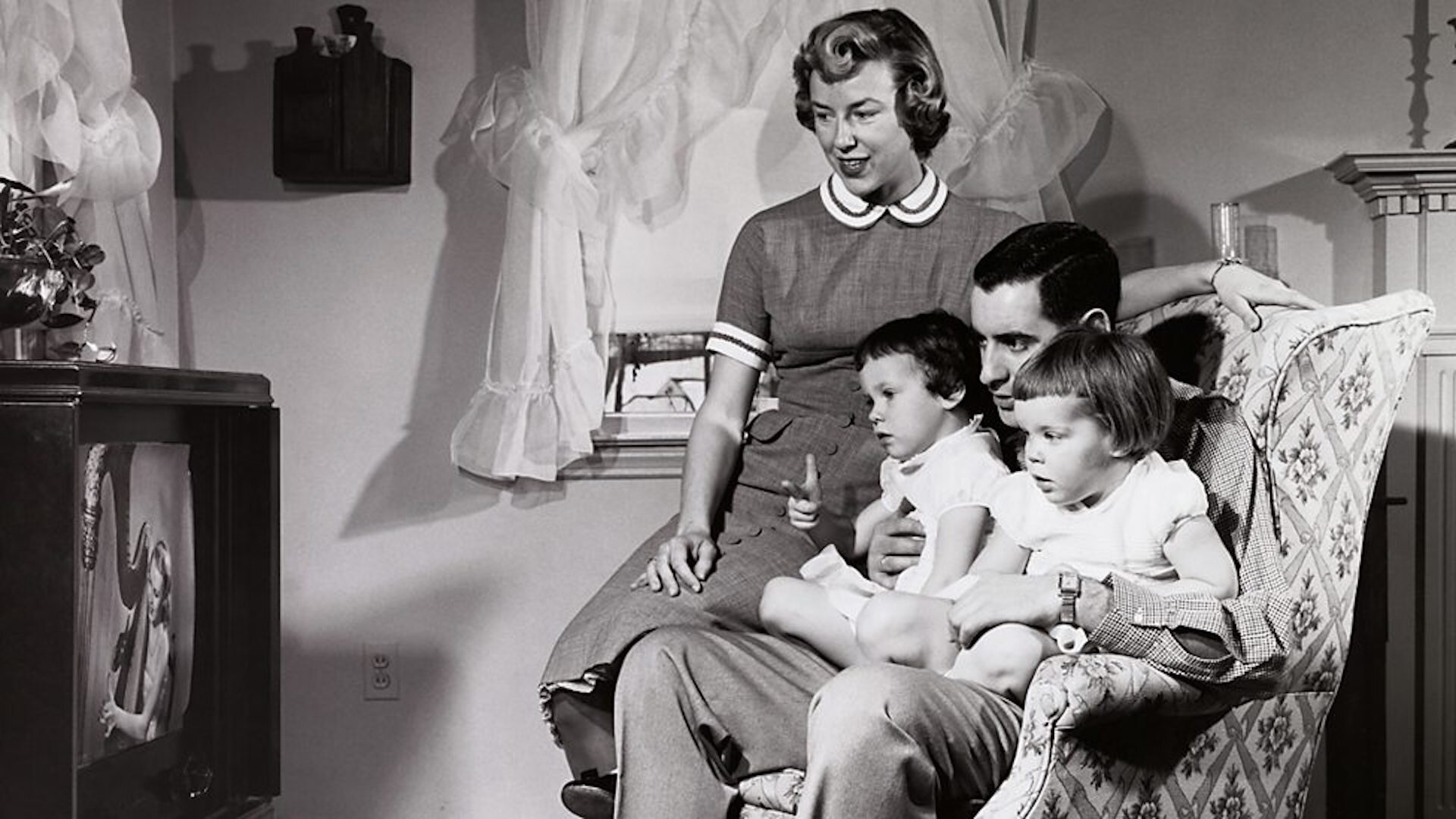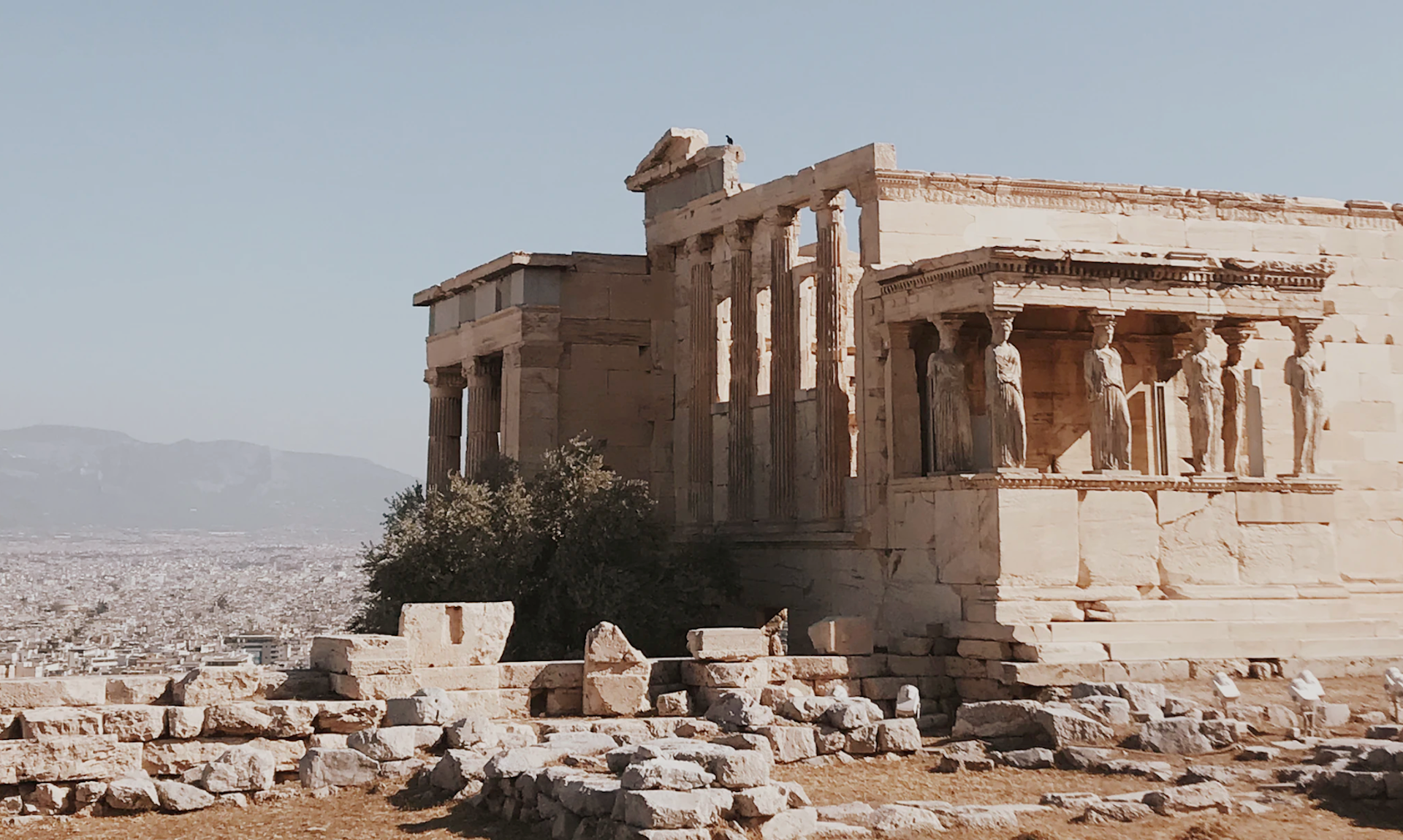It was thirty nine months ago. Thirty nine months ago we addressed the book The Fourth Turning. It might just as well have been thirty-nine years ago. Or thirty-nine decades for that matter. It would make little difference given the subject matter does not concern itself with linear time. The Fourth Turning is all about the grand cycles that have defined the evolutionary patterns of Anglo-American history over the past five centuries.
Read MoreNever has the City Club's unwavering commitment to truth and justice been more important than during this time of societal unrest. The issues of white privilege and race have both been bluntly faced in previous Member Monday sessions and is the subject of our next gathering. If there is one bedrock principle it is that of justice and accountability, whether past, present or future, whether skin color is black or white, and whether clothes happen to be jeans or a uniform. We believe this to be our real common ground and is the essence of the two introductory videos below:
Read MorePublic pronouncements by the Federal Reserve (the Fed) so often come across as some zen koan, like what's the sound of one hand clapping or describe your face before your mother and father were born. Alan Greenspan began the fine art of riddle-speak as Fed chair ('87-'06) -- see how many simple declarative sentences you can find amidst his nineteen years of testimony -- laying the groundwork for successors Bernanke, Yellen, and Powell.
Read MoreThe pandemic has endowed state Governors with God-like power: who dies, who lives, and under what conditions. New York Governor Andrew Cuomo, when confronted with the question of human life in the context of lifting the mandatory pandemic lockdown, declared, "To me, I say the cost of a human life is priceless. Period." Others, residing this side of the metaphysical curtain, might qualify such an absolute by invoking that old tagline and say, yes, yes, but for everything else there's Mastercard. Governor God turned cost accountant.
Read MoreAmidst the stresses of the current pandemic comes this one extraordinary opportunity -- the chance to Know Thyself (and others). It's as if our whole lives have been one long civics class and this is our final exam. Times as extreme as these launch otherwise broad philosophical textbook abstractions into the real world -- the world of lockdowns, social distancing, maybe mandatory testing. Let's suspend judgment for the moment and just look upon this as one big Rorschach test.
Read MoreSuch unprecedented existential threats we're facing today! What are you talking about? What do you mean by what am I talking about ?!? -- well, just look around . . . . see everything from the pandemic to the economy to the climate to all the corruption and insider dealing to all the foreign threats to the . . . . just look -- right now! -- at the Murder Hornet invasion of the Northwest . . . we're on the precipice I tell you! Oh, stop the drama, we're always on the precipice -- it's called the future.
Read MoreQuoting the great philosopher Woody Allen, "I do not believe in an afterlife, although I am bringing a change of underwear." May we all be similarly prepared. Our upcoming discussion will focus on pondering the imponderable -- belief systems that animate our respective understanding of and relationship with the universe.
Read MorePerhaps the contemplation of life is best viewed in hindsight. Take education. Early on, still in the nest, students might learn, think, and write about essentially abstract concepts. Sophomores (literally, "wise fools") still in the nest, might churn out philosophical papers, often parroting the works of others, without the benefit of any real life experience. Maybe a bit presumptuous.
Read MoreSurely no statute of limitations, legally-speaking or otherwise, should apply when it comes to the public's interest in certain matters. Some truths unfold only with the passage of time.
We'll set the table with two examples. It was not until many years thereafter that the public really understood the degree to which it had been (intentionally) misled in order to garner its initial support of that national hallucination known as Vietnam (MM 9/25/17, click Vietnam). Then, the so-called war on drugs, having become a classic cure-far-worse-than-the-disease, was itself born out of a cynical ploy to accomplish other ends (see the years-later deathbed confession of John Erlichman that the Nixon White House's drug war was a way to provide a cloak of legitimacy around its attacks on blacks and hippies, MM 9/26/16, click War On Drugs). The common elements: lack of transparency; undisclosed agenda; engineered public perception.
Read MoreOf all the phenomena upended by the still-unfolding pandemic experience, surely economics would have to appear near the top of the list. Economics has indeed been a Member Monday topic before -- three years ago we discussed the role of capitalism in the context of resource constraints, global interdependence, deepening income disparity, regulatory capture, and a distorted monetary system. Covid-19 has now launched us into an altogether new dimension.
Read MoreTomorrow today will be yesterday. What we are facing now is history in the making. Journalists like to point out that news is history's first draft.
Such first drafts, often overloaded with detailed accounts of the then-present, eventually fade as events are put into greater context. It's been that way with all such events, small and large, just as it is now with Covid-19. The 1918 Spanish influenza is remembered mostly in terms of statistics, a few grainy pictures, and a smattering of stories about long-forgotten individuals. One imagines how historians a hundred years hence will likewise remember the events of today.
Look upon this as an opportunity. What this forced quarantine offers each of us is the chance to turn off the background music and see our life movie, this time without the score: no more orchestral accompaniments to color our emotions; no more special effects to distract us from our essence.
There are no right answers. There are no judgments aside from those that bubble up from within. The opportunity lies with the elimination, or at least the dialing down, of the usual societal constructs. Such liberation. How we respond to this societal break may tell us something about who we are, even who we have always been. It's just us and the mirror.
Read MoreJames Hatch doesn't do cynicism. His life has no room for the doomed romance and thwarted ideals that fed into F. Scott Fitzgerald's well-worn observation, "There are no second acts in American lives." Perhaps they do occur. Mr. Hatch is the purest manifestation of the stoic exercise to strip away the legend that encrusts them.
Read MorePlease note our Member Monday/Plague Mentality session, originally scheduled for tomorrow (3/16/20), will now take place the following Monday (3/23/20) as a remote event. You are undoubtedly aware of the circumstances driving this change i.e. avoidance of physical contact.
With challenge comes opportunity. The opportunity here is to upgrade the club to a new technological level -- in this case the ability to host events remotely. Member Monday will be the club's showcase event to implement this new capability. Dustin will provide updates on this exciting new feature over the next week.
Read MoreLance Morrow's 1985 essay, "The Start of a Plague Mentality," captures the essence of the mindset in the opening paragraph:
"An epidemic of yellow fever struck Philadelphia in August 1793. Eyes glazed, flesh yellowed, minds went delirious. People died, not individually, here and there, but in clusters, in alarming patterns. A plague mentality set in. Friends recoiled from one another. If they met by chance, they did not shake hands but nodded distantly and hurried on. The very air felt diseased. People dodged to the windward of those they passed. They sealed themselves in their houses. The deaths went on, great ugly scythings. Many adopted a policy of savage self-preservation, all sentiment heaved overboard like ballast. Husbands deserted stricken wives, parents abandoned children.The corpses of even the wealthy were carted off unattended, to be shoveled under without ceremony or prayer. One-tenth of the population died before cold weather came in the fall and killed the mosquitoes."
Affluent white women pay $2500 for an experience that'll be (almost) free for those participating in our next Member Monday session: the opportunity to be challenged on racism. The referenced experience is one in a series of private dinner parties hosted around the country (fifteen so far, including Denver) consisting of eight women "of privilege" as guests and two interrogators "of color" calling them out on their underlying racial biases (click: Race to Dinner ).
Men need not apply to these Race to Dinner events as they are deemed beyond hope; women, with their access to power and wealth and inherent good manners to not leave the table, are fair game. Confessions are revealed and underlying assumptions are surfaced (" . . . I have explored my need for validation . . . . I'm working through that . . ") between servings of Pasta Carbonara.
Read MoreOur discussion article suggests the whole idea of the nuclear family in America was a "mistake," or least an aberration (click HERE). That's quite a statement given the arrangement was pretty much what so many of us grew up knowing. Indeed, in the suburban world of the American fifties, the concept of the household containing married parents and their children was enveloped in a cherishing mythology. Our discussion topic is the examination of this narrative -- its origin, its reality, and its relevance going forward.
Read MoreRegard it more as a way of life than as a philosophy -- one that provides the steady gaze required especially in this chaotically-hyped age. In fact, most every age has been marked by change, including 3rd century BC Athens, where the movement originated. Stoicism is as simple as it is profound i.e. focus not on the illusion we can control external events but rather on how we choose to respond.
Read MoreThe Greeks regarded it as a form of madness inflicted by means of mythological love darts. Fortunately, Gustave Flaubert was there to help clarify things in mid-nineteenth century with his novel Madame Bovary (1856) in which Emma Bovary escaped the banalities and emptiness of provincial life by reading "the refuse of old lending books" which were all about "love and lovers, damsels in distress swooning in lonely lodges . . troubles of the heart, vows, sobs, tears, kisses, rowing boats in the moonlight . . . gentlemen brave as lions and gentle as lambs too virtuous to be true, invariably well-dressed, and weeping like fountains." Hallmark has kept us up to date ever since.
Read MoreCan still recall that fleeting moment "back in the day": new to the state, first time hitting the Colorado slopes, picking my way down a splendid bump run when, out of nowhere, comes some dude shredding it and popping a perfect 360 aerial off a mogul not ten feet away. The first reaction was exhilaration. The second was envy, defined by Aristotle as the pain at the sight of another's good fortune stirred by "those who have what we ought to have."
The emotion comes in two flavors: the "good" kind, the one that acts as a positive motivational force; and the "bad" kind, a schadenfreude desire for the "hero" to fail. In this instance, the moment simply passed along with any ski bum fantasy, yet a slight twinge of that residual memory remains forty years later.
Read More

